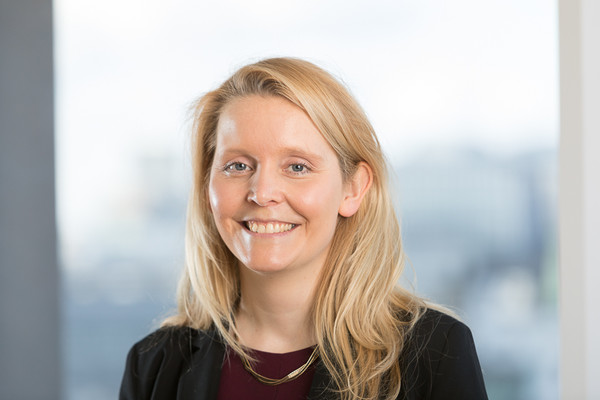The unprecedented COVID-19 pandemic has resulted in the temporary closure of the IMO headquarters building, thus preventing the possibility of physical meetings being held. The last physical meeting prior to international travel restrictions and lockdowns coming into effect was the Ship Systems and Equipment (SSE) Sub-Committee held in early March 2020. Since then, restrictive rules and conditions to prevent the virus from spreading have severely hampered the movement of staff and delegates, requiring significant adjustments to the schedule and methods of work at the IMO. Currently all meetings through to mid-2021 are scheduled to take place online. This also applies to several intersessional working and drafting groups.
Member States and observer organisations such as IUMI were well aware of the challenges related to remote IMO sessions, particularly in light of the necessity to accommodate delegates from all time zones around the globe while also offering simultaneous interpretation into the six official UN languages. A cautious approach was taken to re-construct a virtual meeting schedule and to identify the most suitable platform to host such complex online meetings. The IMO Secretariat took on board experience gained by other United Nations agencies and developed guidance for virtual sessions of the various committees.
To date several meetings have been held online, including the ALCOM (All Committees) Meeting in September 2020 which was scheduled to debate and approve guidelines for the conduct of remote sessions. The first virtual committee meeting was the Facilitation Committee held in October 2020. This was followed by the Maritime Safety Committee’s 102nd session in November 2020. The agenda was significantly reduced to ensure that all items could be addressed.
Time keeping is extremely challenging as the working hours for all committee meetings have been scheduled for only three hours per day, including a 15-minute break. For MSC 102 six such online meetings were scheduled from November 4-11. This meant that a significantly shorter period was available than the eight working days allocated for the original (physical) meeting in May 2020. The agenda was primarily focused on the outcomes of the sub-committees to enable them to continue with their work plans. The proposal to address containership fire safety on which IUMI co-sponsored a joint paper looks set to be discussed at MSC 103 in May 2021.
The 75th session of the Marine Environment Protection Committee (MEPC) also took place virtually for the first time shortly after MSC 102. This was at times a difficult meeting and consensus was not easily achieved given the controversial nature of various agenda items. The debate about “Reduction of greenhouse gas (GHG) emissions from ships” was particularly contentious and took up much of the allotted five virtual meetings. For such sensitive issues it became clear that the online format exacerbates the possibility to find consensus. Nevertheless, the meeting was successfully concluded following much debate among the delegates.
It remains to be seen how the forthcoming IMO meetings will cope with the heavy workload in combination with the reduced timeframe scheduled for the virtual meetings. Timelines related to the coming into force of amendments to various IMO Conventions have been complicated due to the delay of the (sub) committee meetings. Work on new outputs such as IUMI’s proposal to address containership safety related to fires on and under deck have been delayed considerably. During MEPC 75 several delegates called for an improved way to conduct online meetings to allow sufficient time to address the various issues. The IMO Council and Secretariat were requested to consider new options to ensure that the numerous work streams ongoing across various committees can continue effectively despite the impact of the pandemic. While digital solutions have averted a complete shutdown of the IMO operations, there is a long way to go to enable Member States and observer organisations to progress the important work on maritime safety and the marine environment in the virtual space. As the saying goes ‘hope dies last’ that physical meetings or possibly hybrid meetings will resume in London sooner rather than later, not least in light of potential vaccines currently in the approval process.
